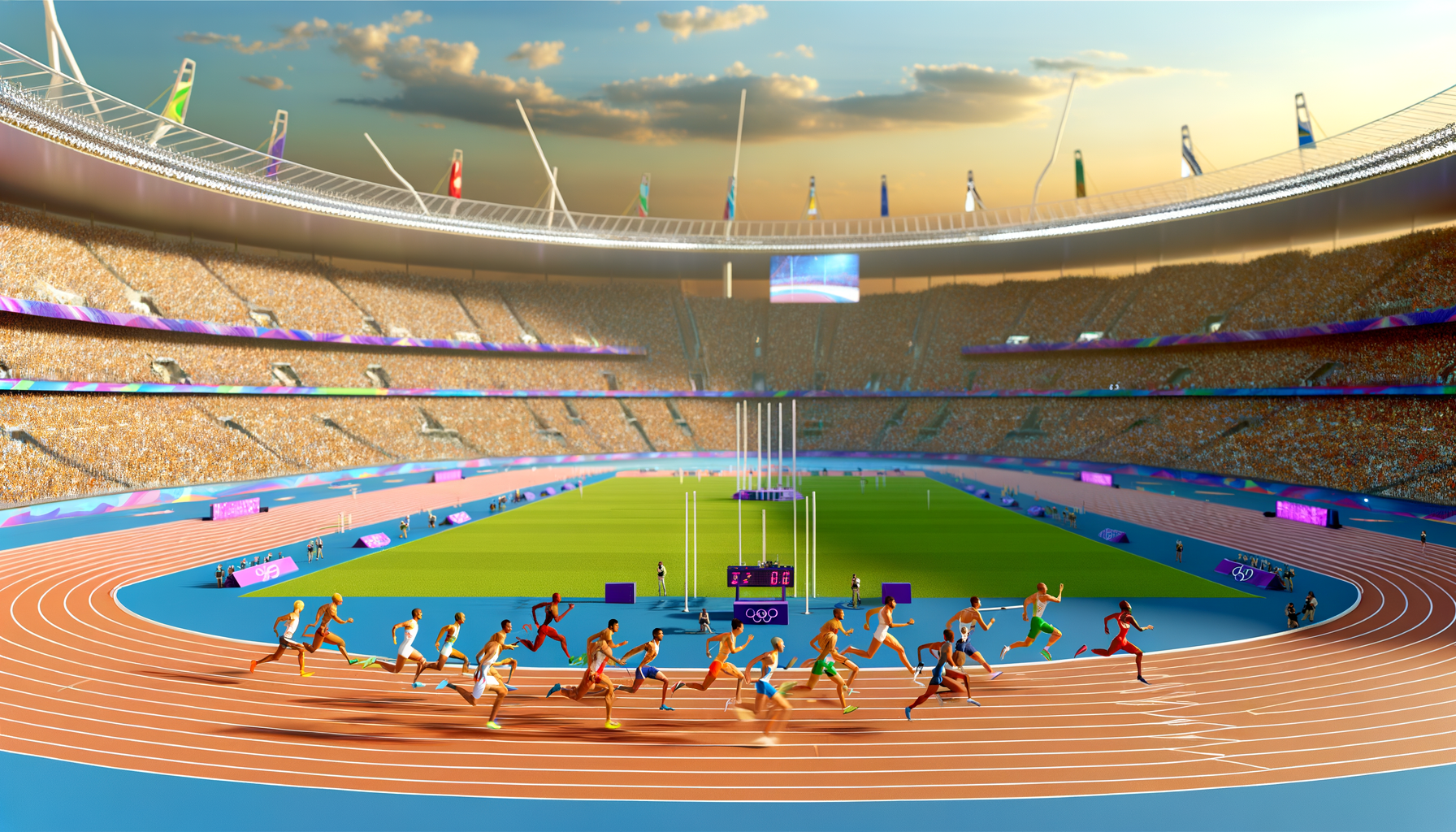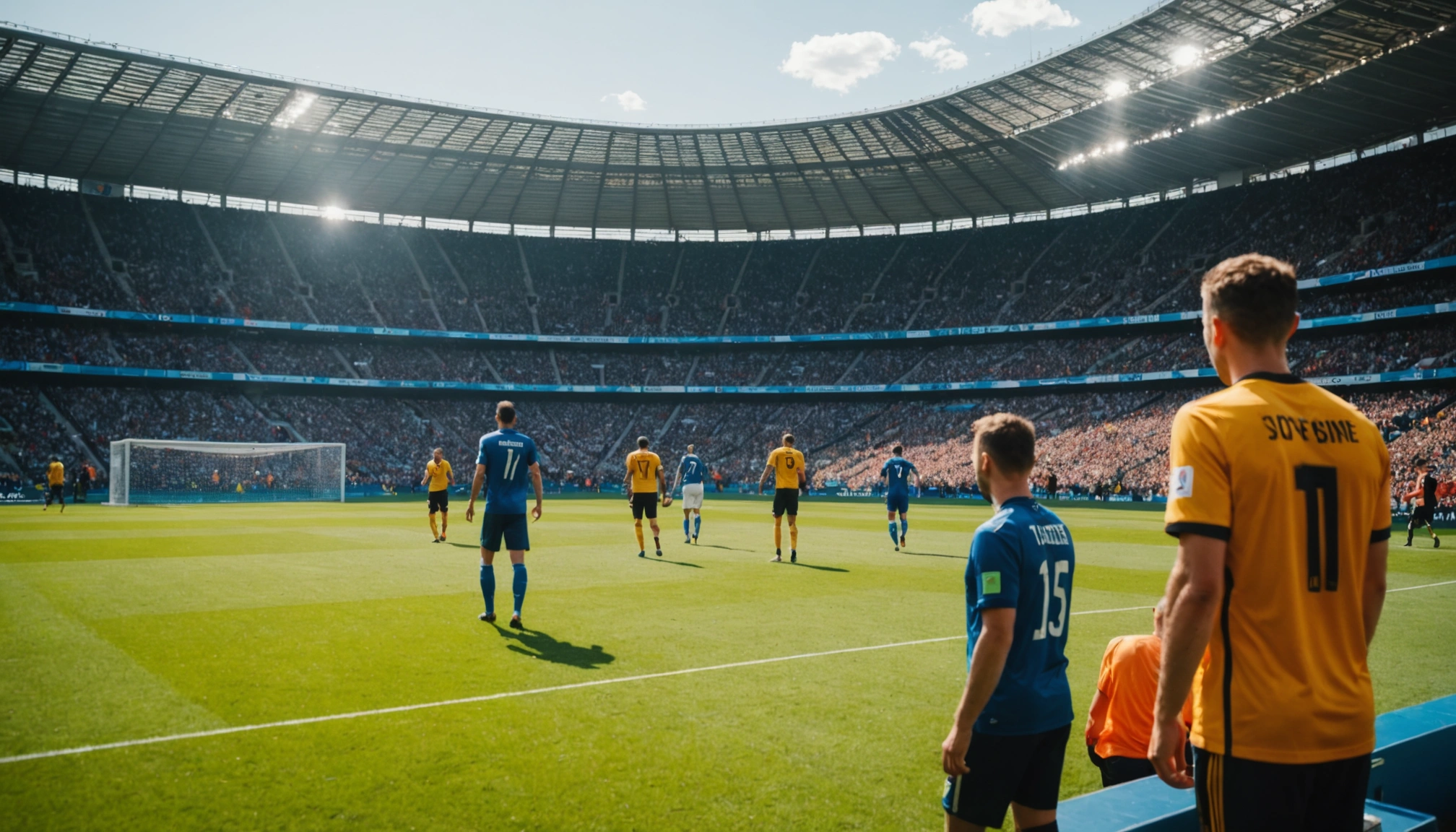The pivotal role of location in sports success
Explore how location influences sports teams’ success, from training environments to fan support, with insights from the Ryder Cup and beyond.

By Editorial
The significance of location in sports performance
In the world of sports, location often plays a more crucial role than many realise. It affects everything from player preparation and team cohesion to fan engagement and competitive advantage. The recent Ryder Cup victory at Marco Simone Golf & Country Club in Rome is a prime example of how a carefully chosen location can inspire and unite a team, contributing to their success.
Creating the ideal environment for team unity
One of the key lessons from Luke Donald’s captaincy of Team Europe was how the location of their preparatory trip solidified team spirit. Spending 24 hours training and bonding at Marco Simone Golf & Country Club, players shared stories around a firepit, breaking down barriers and fostering a sense of belonging beyond national flags. This emotional connection was vital, as Rory McIlroy noted, in building a culture around shared journeys and the significance of the Ryder Cup itself.
Such immersive experiences emphasise that location isn’t merely about the physical course or stadium; it’s about creating spaces where athletes feel comfortable, supported, and inspired to perform at their best. This approach resonates with other sports contexts too, where training grounds or team bases become sanctuaries for growth and motivation.
Case study: Ryder Cup team trip to Rome
The European team’s choice of Rome as their Ryder Cup venue and preparatory site provided climatic and cultural advantages. The Mediterranean setting offered pleasant weather and a tranquil atmosphere for reflection and practice. Additionally, the cultural richness and history of the location added emotional weight, deepening players’ connection to the event. This combination of factors contributed to a calm, confident team mindset that was evident throughout the competition.
Strategic benefits of location on performance
Beyond emotional factors, location influences tactical preparation. Luke Donald and his vice-captain Edoardo Molinari meticulously analysed course data weeks in advance, tailoring their pairings and strategies to the unique demands of Marco Simone. This detailed planning ensured that team members’ strengths matched the course’s challenges, such as pairing players with complementary skills and styles to maximise scoring opportunities.
Such strategic use of location-specific data is increasingly common in elite sports. For example, in football, managers analyse pitch dimensions and surface types to select formations and player roles. Similarly, in cricket, teams prepare differently for tests played on spin-friendly subcontinent pitches versus pace-friendly English grounds.
Fan support and its dependence on location
Location also determines the level and nature of fan support, which can sway athlete performance significantly. The Ryder Cup crowd in Rome provided a passionate, supportive atmosphere for Team Europe, energising players and intimidating opponents. The presence of vocal home fans can boost player morale, as seen in football matches at iconic stadiums like Anfield or Old Trafford.
Conversely, teams playing away often face hostile environments, which require mental resilience and strategic preparation. Rory McIlroy referenced this challenge when discussing the upcoming Ryder Cup in Bethpage, New York, highlighting the need for Europe to prepare meticulously to counteract the disadvantage of an away location.
Location as a catalyst for leadership and culture
Location can influence leadership styles and team culture. Luke Donald’s calm, composed leadership was amplified by the serene and inspiring Roman setting, allowing him to instil “quiet confidence” in his players. The surroundings helped create a positive psychological environment where players felt supported and focused.
Moreover, the local culture and history can be leveraged by captains and coaches to motivate players. Donald’s decision to open with a speech in Italian exemplified cultural respect and connection, enhancing team and fan rapport. This attention to location-specific cultural nuances can strengthen team identity and cohesion.
Internal link example
Teams preparing for major tournaments often seek to optimise location benefits. For instance, the strategies employed by Rory McIlroy, detailed in the Mcilroy clinches dramatic Irish Open victory in play off article, demonstrate how location-specific preparation contributes to individual and team success.
Practical tips for leveraging location in sports
- Choose training sites that foster team bonding: Select locations offering both high-quality facilities and opportunities for social interaction.
- Incorporate local culture: Engage with cultural elements to build emotional connections and motivation.
- Analyse environmental factors: Understand climate, terrain, and audience dynamics to tailor tactics.
- Plan logistics meticulously: Ensure travel and accommodation minimise fatigue and distractions.
Looking ahead: Location in future sports planning
As sports continue to globalise, understanding the impact of location on performance and culture becomes ever more vital. Teams that harness location advantages—whether in preparation, competition, or fan engagement—gain a competitive edge. The example set by Team Europe at the Ryder Cup in Rome offers valuable lessons for athletes, coaches, and sports organisations worldwide.
For fans and professionals interested in broader sports dynamics, exploring detailed guides such as A comprehensive guide to UK and Ireland football leagues and cups can provide further insight into how location shapes competitive sport.
Conclusion
The role of location in sports success is multifaceted, influencing emotional bonds, strategic decisions, fan support, and leadership dynamics. From the inspirational captaincy of Luke Donald in Rome to everyday team preparations across the UK and Ireland, location is a crucial element that can tip the balance between victory and defeat. Understanding and leveraging this factor enables teams to create winning environments, build resilient cultures, and achieve excellence on the global stage.
Related topics
Editorial
Sports expert at SportsScoop
Specialist in sports analysis and journalism
Related articles
Want to read more?
Explore our comprehensive collection of sports articles and analysis, or contact us for more information.



